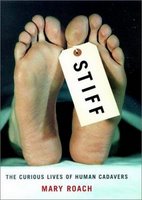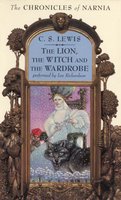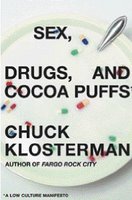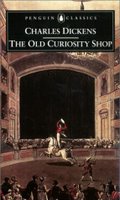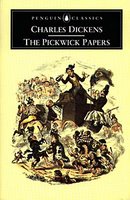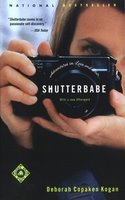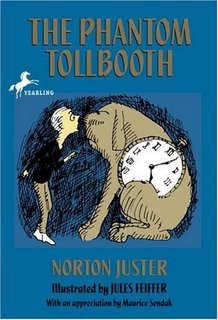
Norton Juster, The Phantom Tollbooth
Here's a fun little piece of classic children's literature that will delight any bibliophile!
The Phantom Tollbooth tells of Milo, a young boy whose ennui is getting the best of him until one day he discovers in his room a mysterious box and a small turnpike tollbooth within (some assembly required) with an accompanying map. Because he has nothing better to do, he assembles it and drives his little car thru the booth, whereupon he is transported into the magical kingdom of Wisdom: he passes through the Doldrums until he arrives at Dictionopolis (ruled by Azaz the Unabridged), where he learns that the Princesses Rhyme and Reason have been banished by the ruler of Digitopolis (the Mathemagician, who, incidentally, is the brother of Azaz), and the kingdom is in chaos. Milo then sets out, with the help of Tock the Watchdog (i.e., a dog with a clock in its body) and the Humbug on a road trip thru the Forest of Sight, the Valley of Sound, the Mountains of Ignorance, and the Sea of Knowledge (with a brief stop on the Island of Conclusions, which you get to by jumping to Conclusions) to rescue the princesses, and along the way he meets a delightful array of characters, like the Spelling Bee, Aunt Faintly Macabre, Dr. Dischord and his faithful servant, Dynne, the Dodecahedron, and countless others!
"Good" children's literature (like "good" kids' films) is layered, with fun and enchantment for the children while providing something worthwhile for the adults, and Juster maintains an excellent balance between the absurdity of the characters and plot with the puns, wordplay, and tradition of the narrative itself. At its core, this is a road novel with a protagonist who will, along the way, gain an awareness of his identity and likely change his ways; much of the novel will also harken to such works as Lewis Carroll's Alice in Wonderland and Through The Looking-Glass, L. Frank Baum's The Wonderful Wizard of Oz, and even John Bunyan's Christian allegory, The Pilgrim's Progress. In all, you have here a work that delights in puns and allegory while the protagonist learns that there is "much to see, and hear, and touch" in Life!
Frankly, I had never heard of this book until a colleague spoke of it and gave it to me as a Christmas gift. I read it in one sitting on the first day of our holiday break, and am now happy to spread the gospel of Milo and his wonderous journey!
Do check it out, and tell me what you think!

